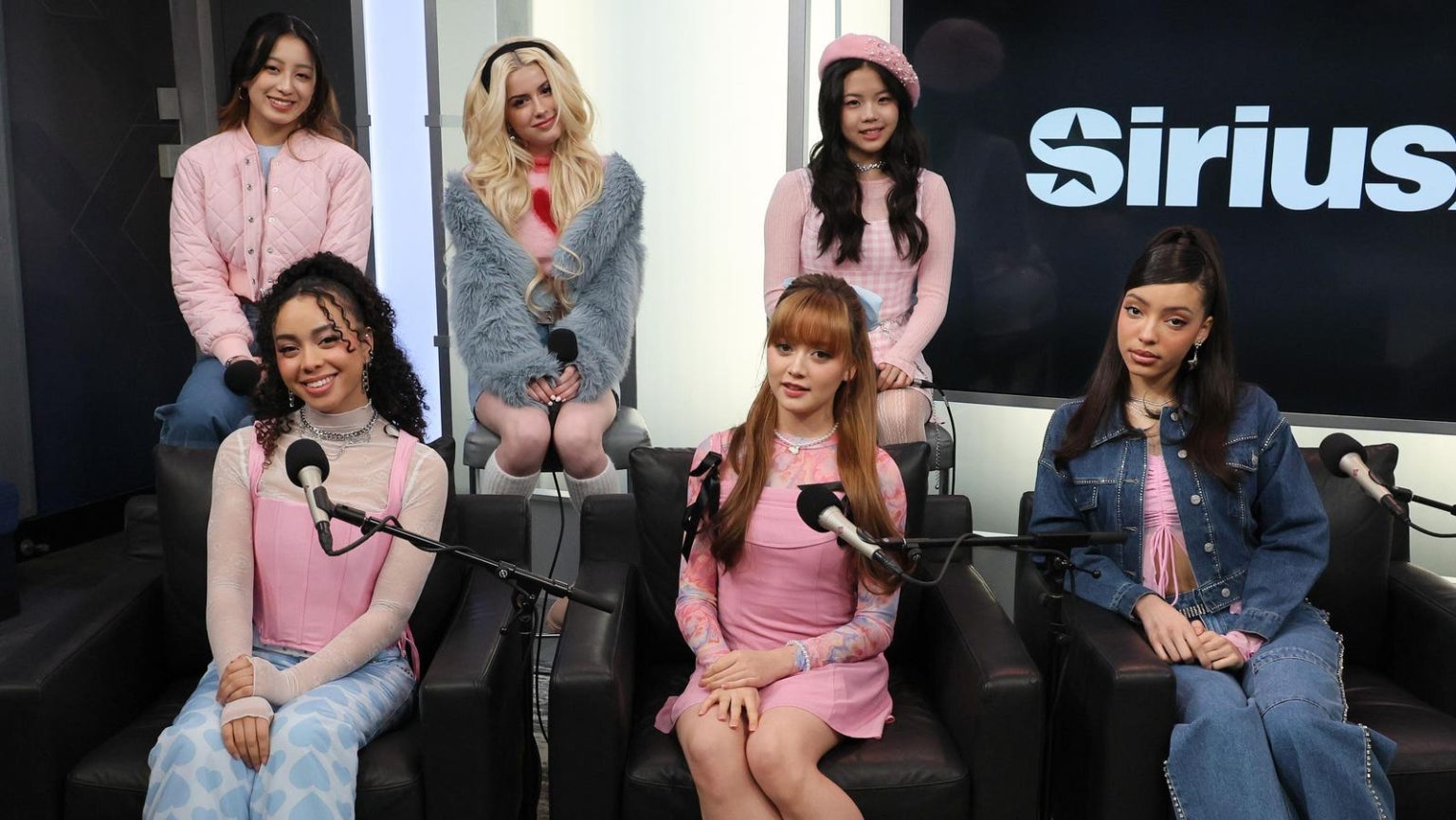Former VCHA Member KG Sues JYP USA, Sparking Debate on K-Pop Contracts and Artist Treatment
The K-pop world is currently embroiled in a legal battle between JYP USA and former VCHA member KG (Kiera Grace Madder), raising significant questions about artist treatment, contractual obligations, and the challenges of navigating the increasingly globalized K-pop industry. KG’s lawsuit against the American branch of the prominent K-pop label alleges restrictive contract terms and silencing tactics, sparking a public exchange of conflicting statements between the two parties. This high-profile dispute arises amidst a year of heightened scrutiny surrounding artist contracts in South Korea, further fueling discussions about the pressures faced by idols in the competitive K-pop landscape.
The controversy began when KG departed from the group’s residence in May and initiated discussions with JYP USA through her legal representatives. JYP claims they engaged in extensive discussions and temporarily suspended VCHA’s activities to address the situation. However, according to JYP, communication from KG’s side ceased, leading them to prepare for legal proceedings. In a statement released on VCHA’s fan app, JYP USA expressed regret over KG’s decision to file a lawsuit, labeling her public claims as "false and exaggerated." The company also emphasized the harm caused to the remaining VCHA members and the disruption to their upcoming projects scheduled for early 2025.
KG swiftly countered JYP’s statement through an Instagram Story, asserting the veracity of her allegations. She stated that she possesses "photographic and physical evidence" to support her claims and reiterated her commitment to advocating for improved treatment of K-pop idols and trainees. KG encouraged others in the industry to speak out against unfair practices and strive for positive change within the K-pop industry. The sharp contrast between JYP’s denial and KG’s insistence on the truth of her claims has further intensified public interest in the case.
Adding another layer to the unfolding narrative, KG’s attorney, Jeremiah D. Graham, offered further insight into the legal action. According to Graham, KG’s primary objective was to secure a release from her contract with JYP. He alleges that JYP’s proposed terms were excessively restrictive, prohibiting KG from pursuing independent career opportunities or speaking publicly about her experiences under threat of penalties and financial damages. Graham asserted that these restrictive conditions compelled KG to pursue legal action to protect her career and advocate for herself and other artists facing similar challenges.
This legal clash coincides with increasing scrutiny of artist contracts within the South Korean entertainment industry. This year has witnessed high-profile disputes involving prominent artists challenging contractual limitations, further highlighting the ongoing tensions between artists and agencies. These cases often revolve around issues of creative control, revenue sharing, and the demanding schedules imposed on idols. The KG-JYP dispute contributes to this broader conversation, raising questions about the balance of power between agencies and artists in the rapidly expanding K-pop industry.
The clashing narratives presented by JYP USA and KG have created a complex and contentious situation. While JYP maintains they attempted to resolve the matter privately, KG and her legal team portray a different picture, alleging attempts to silence her and impose unreasonable contract terms. The outcome of this legal battle could significantly impact future artist-agency relationships and potentially establish a precedent for how similar disputes are handled in the increasingly globalized K-pop industry.
As the legal proceedings unfold, both parties have appealed for public understanding and patience. The resolution of this case will undoubtedly have far-reaching implications for the K-pop world, influencing how artists and agencies navigate contractual agreements and artist treatment in the years to come. The ongoing debate highlights the evolving dynamics of the industry and the growing need for greater transparency and fairness in artist-agency relationships.


